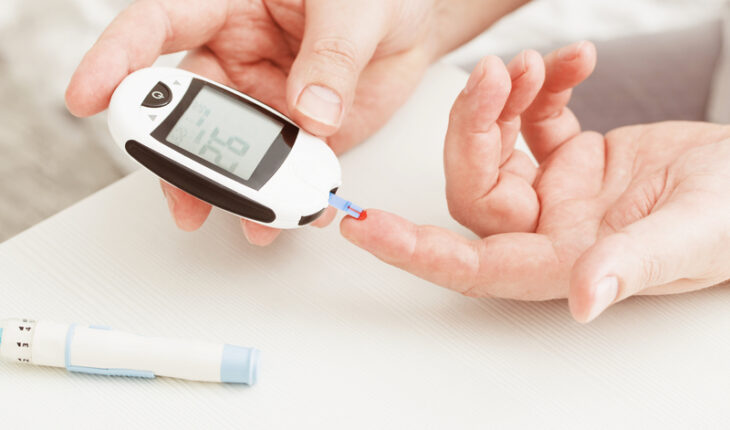Diabetes, a chronic condition that affects the body’s ability to regulate blood sugar, often manifests through subtle signs that can be easily overlooked. Recognizing these symptoms is crucial for early diagnosis and effective management.
Frequent Urination
Frequent urination, medically known as polyuria, is a classic sign of diabetes. When blood sugar levels are elevated, the kidneys work harder to filter and absorb the excess glucose. This process leads to increased urine production, causing frequent trips to the bathroom. In addition to diabetes, conditions such as kidney disease, urinary tract infections (UTIs), and an overactive bladder can also lead to frequent need to urinate. It is important for people who experience frequent urination to speak with their primary care physician in order to identify the underlying cause. Treatment typically depends on the diagnosis and may include lifestyle modifications, medication, or surgery, depending on the severity of the condition. Lifestyle modifications such as consuming less caffeine and alcohol, increasing water intake, and avoiding bladder irritants can often help reduce symptoms.
Slow-Healing Wounds
Diabetes can impair the body’s natural healing processes, leading to slow-healing wounds. High blood sugar levels can damage blood vessels and affect the circulatory system, reducing the delivery of oxygen and nutrients to wounds. Consequently, even minor cuts and injuries may take significantly longer to heal. Wounds are considered chronic if they don’t heal completely within 8 weeks. Diabetic individuals are at a higher risk of developing chronic wounds, which can lead to serious complications, including infections and, in severe cases, amputations. There are several steps diabetics can take to promote faster wound healing. Eating a well-balanced diet and exercising regularly can help maintain healthy blood sugar levels, in turn promoting better circulation and aiding the body’s natural healing processes. Proper wound care is essential for diabetics, including cleaning and dressing wounds regularly, keeping them free from infection, and avoiding exposing them to excessive moisture or friction. If a wound does not heal quickly, medical attention should be sought immediately in order to avoid further complications.
Fatigue
Persistent fatigue is another symptom that could indicate diabetes. When cells are unable to receive an adequate supply of glucose due to insulin resistance or insufficient insulin production, the body lacks the energy it needs to function optimally. This leads to feelings of extreme tiredness and lethargy. Diabetes-related fatigue can significantly affect daily activities, work performance, and overall quality of life. It can lead to irritability, difficulty concentrating, and a reduced ability to handle stress. To help manage diabetes-related fatigue, it is important to stay on top of your blood sugar levels. Monitoring your blood glucose regularly can help you catch highs and lows before they become too severe. Eating balanced meals and exercising regularly is essential for managing diabetes and keeping energy levels up. Limiting or avoiding processed foods, added sugars and saturated fats may also contribute to avoiding fatigue. Getting enough sleep and relaxation can help give you the energy you need for your daily activities.
Understanding these symptoms not only empowers individuals to take control of their health but also promotes early intervention, which is essential for preventing complications associated with diabetes. By staying informed and proactive, individuals can lead healthier lives and effectively manage this chronic condition.
Did You Enjoy Reading This Article? Here’s More to Read: Common Conditions That Affect Your Digestive System




